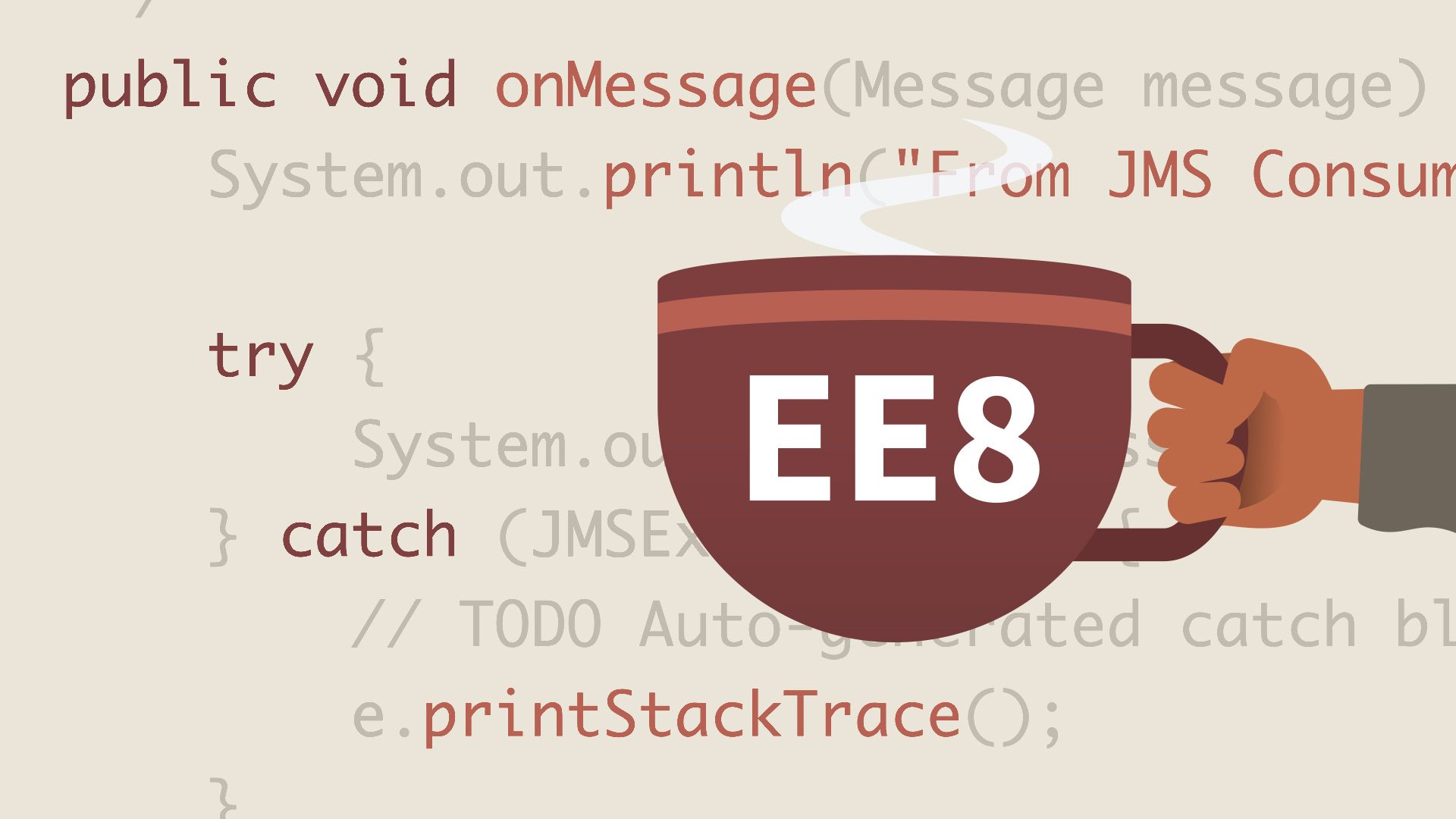2,005 reads
7 Best Java EE Courses for Beginners
by
September 30th, 2020
Audio Presented by
I am Java programmer, blogger on http://javarevisited.blogspot.com and http://java67.com
About Author
I am Java programmer, blogger on http://javarevisited.blogspot.com and http://java67.com
